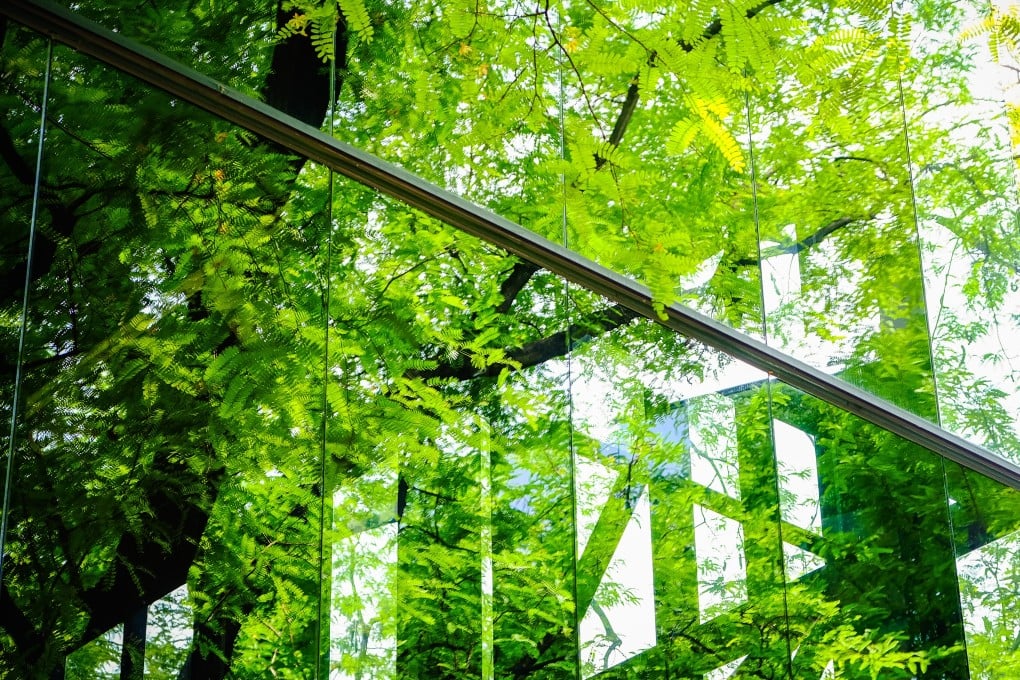Asia-Pacific developers focus on green buildings as they take steps to meet climate goals, cater to rising demand
- Landlords could charge a premium of up to 10 per cent for sustainable office buildings as demand currently outstrips supply
- Tenants want building standards that take into account a warming climate and are also resilient to pandemic-like situations

Landlords could charge a premium of up to 10 per cent for sustainable office buildings as demand currently outstrips supply, they said.
“Developers in Asia used to compete about who had the tallest and biggest building, but now it’s about the greenest and healthiest,” Alessandro Bisagni, founder and president of green building consultancy BEE Incorporations, told the Asia Sustainability Conference organised by the Post last week.
Sustainable buildings reduce the negative impact on the environment because of their design and construction. Green buildings are also seen as a mark of good quality, thoughtful design and a landlord willing to invest in their assets, which can attract occupiers and are seen as worth the premium.

02:26
China’s ‘vertical forest’ residential complex offers urban green living